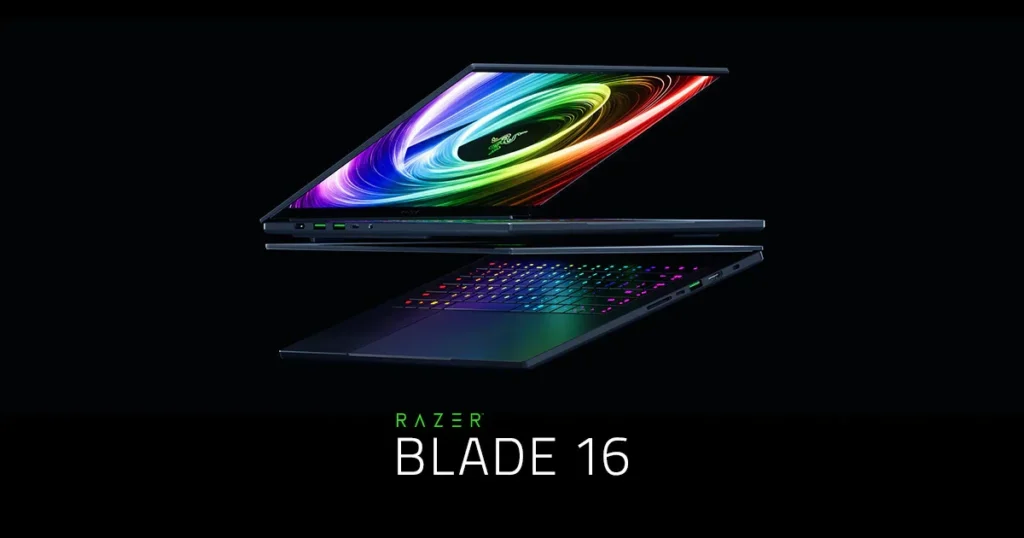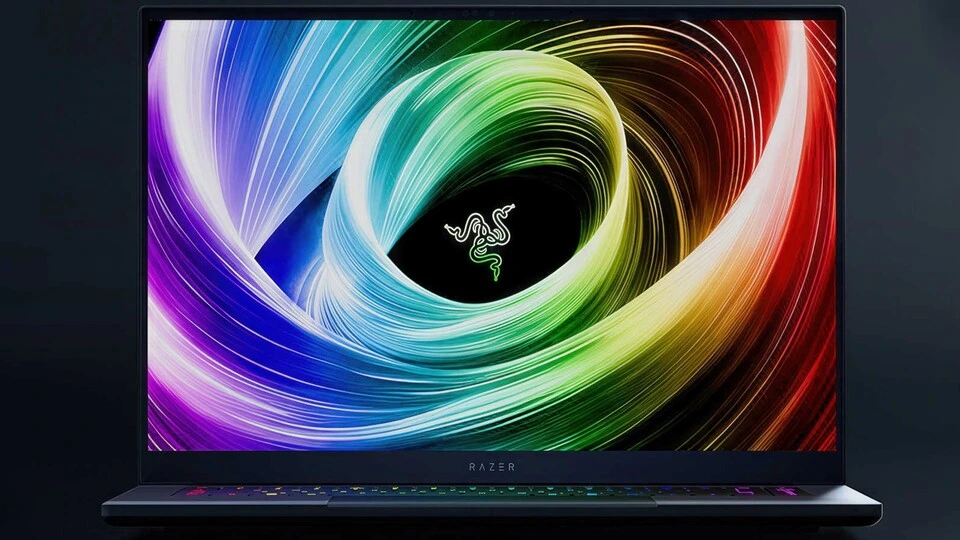Newly enforced import tariffs under President Trump’s administration are once again affecting tech enthusiasts in the United States. This time, the spotlight is on the Razer Blade 16 gaming laptop, which has quietly been withdrawn from sale.
Tariffs serve as taxes on imported goods. While businesses can choose to absorb these extra costs, they are typically passed on to customers. This results in higher prices, especially in sectors like technology and gaming, where many products are manufactured overseas.
Razer Blade 16 Removed from U.S. Storefront

Although the Razer Blade 16 was still listed for sale in the U.S. on April 1, it has since been removed from the company’s official website. The listing has vanished entirely, with no price details available, and the purchase page now redirects users to a 404 error. U.S. customers can only select a notification option to receive updates regarding availability.
Meanwhile, the product remains accessible to some European customers, depending on stock availability. In the UK, however, the model is currently out of stock.
Broader Market Impact Hits Micron and Framework
Razer isn’t the only company reacting to the unstable trade conditions. The tariffs targeting imports from China and Taiwan—regions heavily involved in PC component manufacturing—are affecting several other U.S.-based tech firms.
Micron, known for producing memory products, has issued warnings regarding potential price increases due to surcharges. Additionally, PC company Framework has temporarily suspended select U.S. sales while the market adjusts to the new financial landscape.
Switch 2 Pre-Orders Delayed Amid Tariff Concerns
The fallout from the tariff enforcement has reached the gaming console market as well. The pre-order listing for the upcoming Nintendo Switch 2, initially expected to go live in the U.S. on April 9, has been pulled. This development occurred shortly after the tariffs caused significant fluctuations in financial markets.
The issue soon extended to Canada, where Nintendo confirmed that pre-orders would also be delayed. These setbacks have led to growing concerns among fans and industry analysts that the Switch 2—and possibly its games—might see price increases following negative feedback related to its initial pricing.
Ongoing Concerns for the Gaming Community
As the effects of the trade policy ripple through the industry, consumers and companies alike are bracing for further disruptions. With major brands pulling products and hinting at surcharges, U.S. gamers may be looking at a more expensive and less accessible tech market in the months to come.
